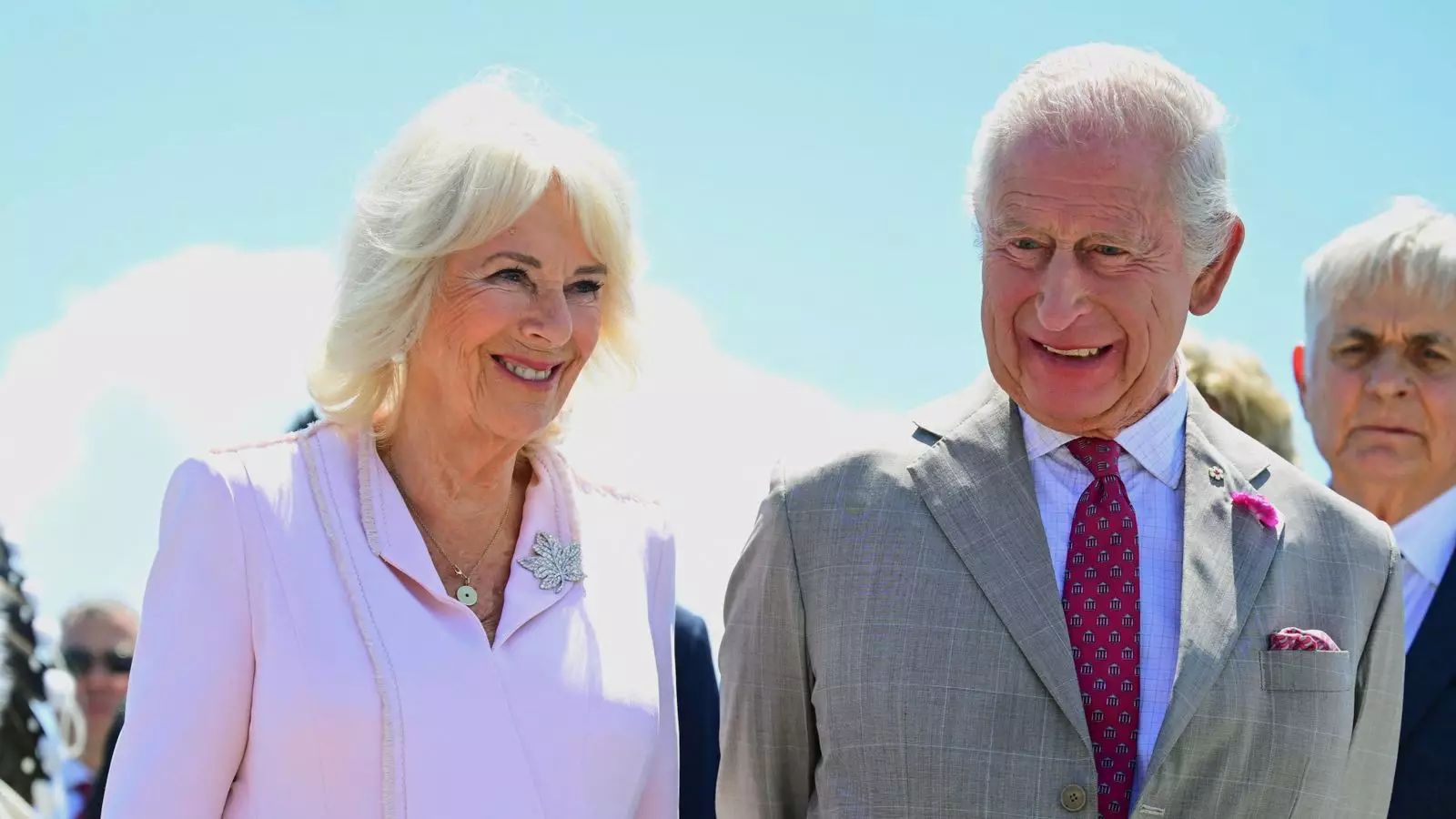In a bold move, Buckingham Palace has unveiled the catalog of opulent gifts showered upon the Royal Family, and the findings are more than a little shocking. Amongst the glitz and glamour, there’s something deeply unsettling about the wealth on display. King Charles was presented with a Rolls-Royce Cullinan Series II, valued at around $443,575, from the King of Bahrain—a rather extravagant token of goodwill if you ask me. While the luxury vehicle is reserved for official engagements, it epitomizes the disconnect between the monarchy and the common citizen. How does gifting such a lavish item resonate with a populace struggling to make ends meet in a cost-of-living crisis?
The Royal Accumulation of Luxury
The flurry of gifts to King Charles during his coronation month paints a picture of excess that feels detached from the realities faced by everyday Britons. Alongside the opulent car were other gifts, including culturally significant items from Amazonian Indigenous leaders. While these artifacts have intrinsic value, their juxtaposition with a luxury vehicle makes one question the sincerity of representation. Is the monarchy utilizing these encounters to garnish their status, or are they genuinely engaging with diverse cultures? In an era where authenticity should reign supreme, the royal gifts read more like a collection of trophies than meaningful connections.
Modern Political Symbolism
When former President Joe Biden and First Lady Jill Biden gifted King Charles a leather folder filled with printed letters between Queen Elizabeth II and President Eisenhower, it felt like an attempt to gild tradition with political gravitas. But why is it necessary to remind the public of royal ties to American leaders through gift-giving? The symbolism in such gestures, particularly when they come wrapped in luxury, can’t be overlooked. It begs the question: Is this an effort to maintain relevance, or a desperate grasp at nostalgia for a bygone era? In a political climate where transparency is paramount, this could be construed as an alarming mixing of statehood and opulence.
The Tax-Free Dilemma
It’s also worth highlighting that when assessing the implications of these lavish gifts, one can’t ignore the fact that they are considered state property and not subject to taxation. Public outrage is often sparked when the elite operate outside the same financial systems as average citizens. If the Royal Family is enjoying lavish gifts tax-free in a nation where many are wading through economic uncertainty, it’s only natural for resentment to brew.
A Shifting Perception of Royalty
The Royal Family finds itself at a crossroads. The modern era demands a shift toward accountability, and the public’s progressive ideals challenge the traditional structures of royalty. As the winds of societal change blow stronger, the monarchy must introspect. Can they evolve beyond the gilded cages and become relatable figures that audiences can connect with? The unrestrained luxury of their gifts may only alienate the very people who have supported their legacy for generations. In these times of insistent calls for equity, perhaps it’s high time the Royals rethink their stance on gifts and the lavish lifestyle they represent.

Leave a Reply